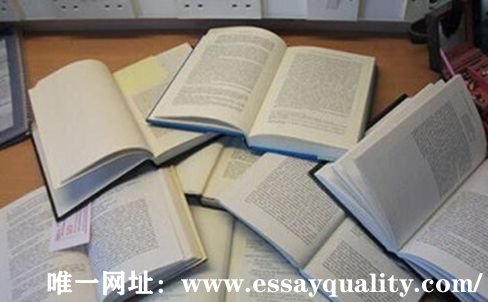EssayQuality唯一网址:https://www.essayquality.com/提供:香港英语论文代写、论文免费查重、论文Turnitin检测、澳大利亚会计写代写、论文文献综述代写、澳洲代写、论文查重、mla格式代写、北美论文代写、assignment代写、apa格式代写、Turnitin查重、paper代写、留学生essay代写、留学生论文代写、留学申请文书代写...

Flexible job relocation policy helps Tencent keep many excellent talents. Thanks to this method, the problem of the brain drain has been solved greatly. Compared with looking for another suitable and satisfying job, which can be quite difficult and exhausted, obviously talents prefer to choose to work in a new department in Tencent when they feel tired of their current working content or anxious about trying new things. In Tencent, around sixty percent of employees are acquired in this way. And its biggest advantage is to give full scope to the talents as well as talents retention.
References
Azzone, G., & Palermo, T. (2011). Adopting performance appraisal and reward systems. Journal of Organizational Change Management,24(1), 90-111.
Farndale, E., Scullion, H., & Sparrow, P. (2010). The role of the corporate hr function in global talent management. Journal of World Business,45(2), 161-168.
Gomez‐Mejia, L. R. (2016). Increasing productivity: performance appraisal and reward systems. Personnel Review,19(2), 21-26.
Levy, P. E., & Williams, J. R. (2004). The social context of performance appraisal: a review and framework for the future. Journal of Management,30(6), 881-905.
Mcdonnell, A., Lamare, R., Gunnigle, P., & Lavelle, J. (2010). Developing tomorrow's leaders—evidence of global talent management in multinational enterprises. Journal of World Business,45(2), 150-160.
Miller, J. S., & Cardy, R. L. (2000). Self-monitoring and performance appraisal: rating outcomes in project teams. Journal of Organizational Behavior,21(6), 609–626.
Stahl, G. K., Björkman, I., Farndale, E., Morris, S. S., Paauwe, J., & Stiles, P., et al. (2012). Six principles of effective global talent management. Mit Sloan Management Review,53(2), 566-585.
Tarique, I., & Schuler, R. S. (2010). Global talent management: literature review, integrative framework, and suggestions for further research. Journal of World Business,45(2), 122-133.
Vaiman, V., Scullion, H., & Collings, D. (2012). Talent management decision making. Management Decision,50(5), 925-941.
Zhang, X. N., School, M., & University, L. N. (2016). A study on the organizational characteristics of the corporate system for continuous innovation——a case of tencent inc. Technology & Innovation Management.



